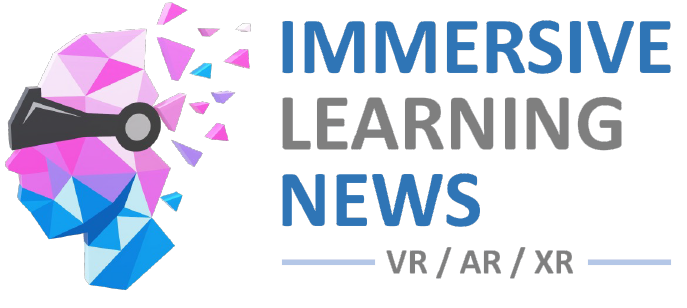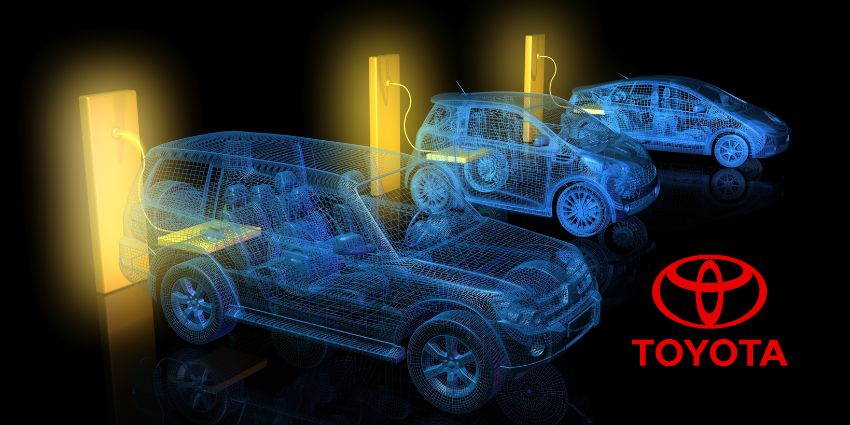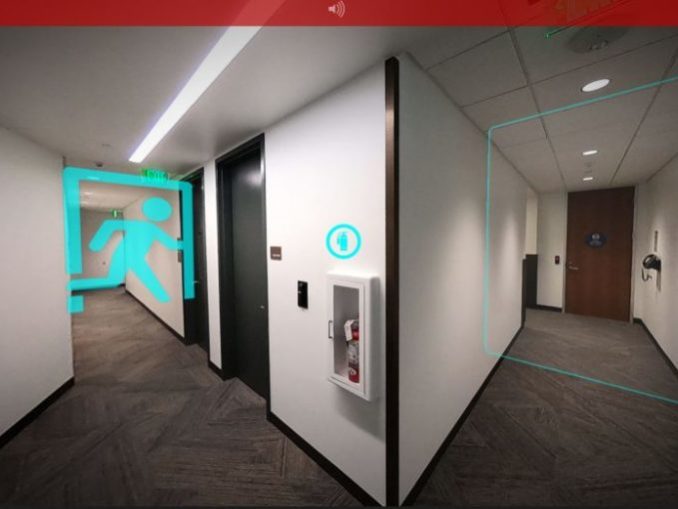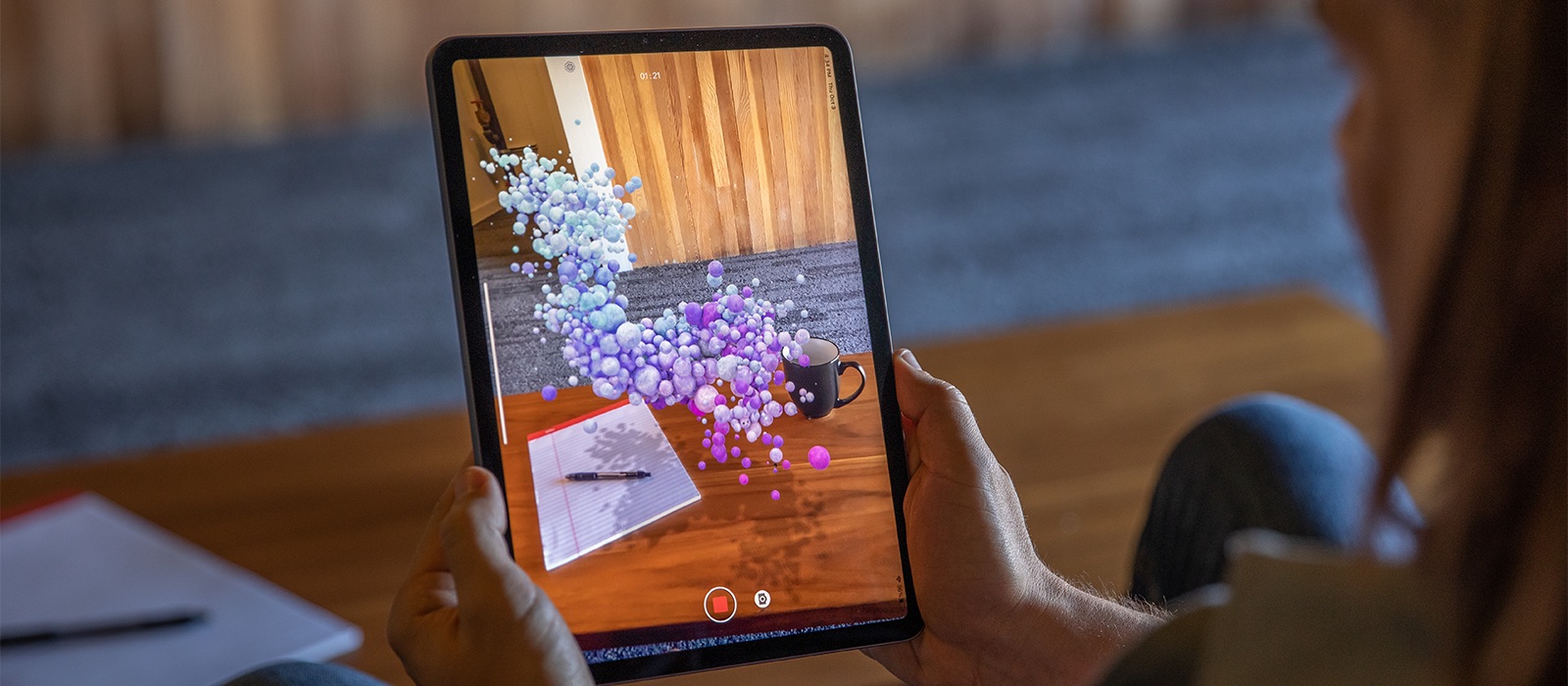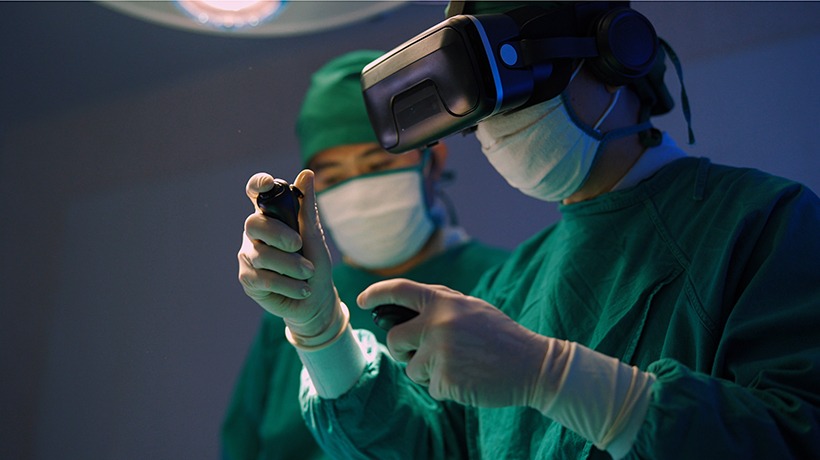Toyota Simplifies Training with VR Vision
In the automotive industry, innovation needs to happen at a break-neck speed. Customers in both the business and consumer world are constantly demanding more powerful, intuitive vehicles and a higher level of support and service. Over the years, major automotive brands have leveraged cutting-edge technologies at an increasing rate to achieve their goals.
One of the most exciting new innovations helping to transform this landscape, is extended reality. Through XR solutions, companies can connect employees, improve collaboration, boost productivity, and most importantly, keep team members safe on the job.
Toyota Material Handling, a full-service manufacturer of reach trucks, forklifts, order pickers, and other crucial material handling solutions turned to XR innovator VR Vision to help them train their team members on how to leverage the latest tools safely. Here’s what happened when VR Vision and Toyota Material Handling joined forces.
Tackling the Training Challenge
The Toyota Material Handling company has generated a fantastic reputation over the years, thanks to its commitment to excellent products and experiences. However, with around 1,000 dealerships to support throughout North America, the company often found itself struggling to deliver the immersive and engaging training team members needed to thrive.
Inspired by an age of digital transformation, Toyota quickly began looking for ways to deliver a more cost-effective and efficient training experiences to technicians via XR. The company decided to leverage emerging metaverse technologies from VR Vision, to help place their trainers within virtual environments, where they could walk team members through the steps involved in using equipment.
Leveraging digital twin technology, and hundreds of Meta for Business Oculus devices, Toyota synchronized staff members and trainers in a virtual environment, designed to help them build the skills they needed to manage equipment safely. VR Visions assisted with the full process, handling everything from device management and setup to LMS integrations. The team also consulted on change management strategies, to increase user adoption.
Creating a Virtual Landscape for Education
At the heart of the XR initiative, was the desire to create a truly compelling “digital double” of the Toyota Columbus factor, which included 3D versions of the vehicles the company was creating. Each machine was recreated to pixel perfect detail, and made to be interactive, so team members could actively work with buttons and levers within the vehicle.
The creation of the virtual training environment proved to be a phenomenal success. It gave Toyota a third option for educating their employees, which went beyond the restrictive choices of purchasing a vehicle for training, or traveling to Columbus directly. The virtual reality landscape emerged as a low-cost, highly scalable environment, where trainers could create collaborative virtual sessions.
Today, trainee employees can join educational sessions from any location, and communicate in real-time when working on virtual doubles of their chosen vehicle. Not only does this save Toyota and its dealers time and money, but it also reduces material waste on a massive scale. The project was deemed an overall success for the Toyota brand.
Quelle:
